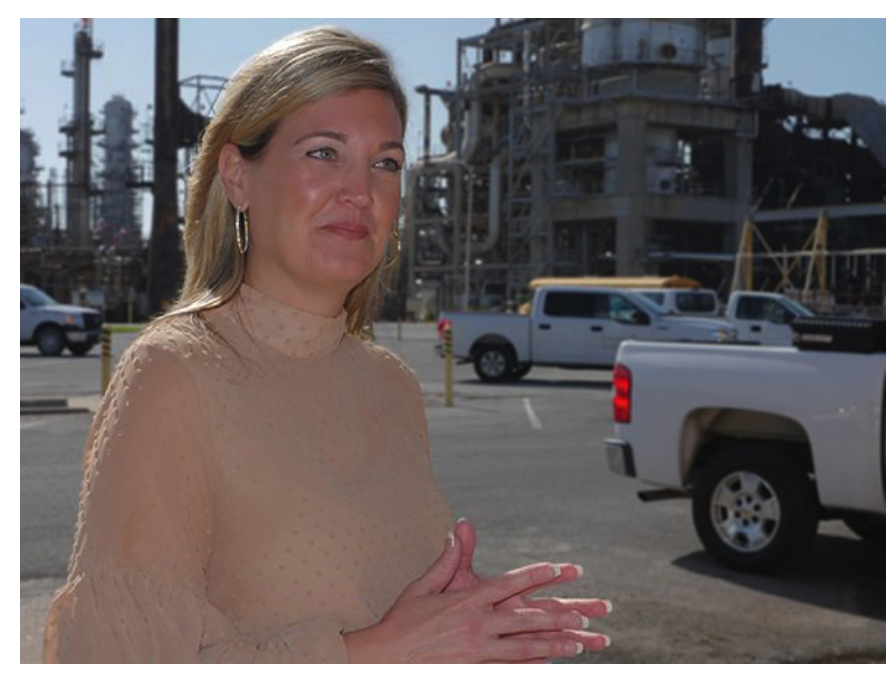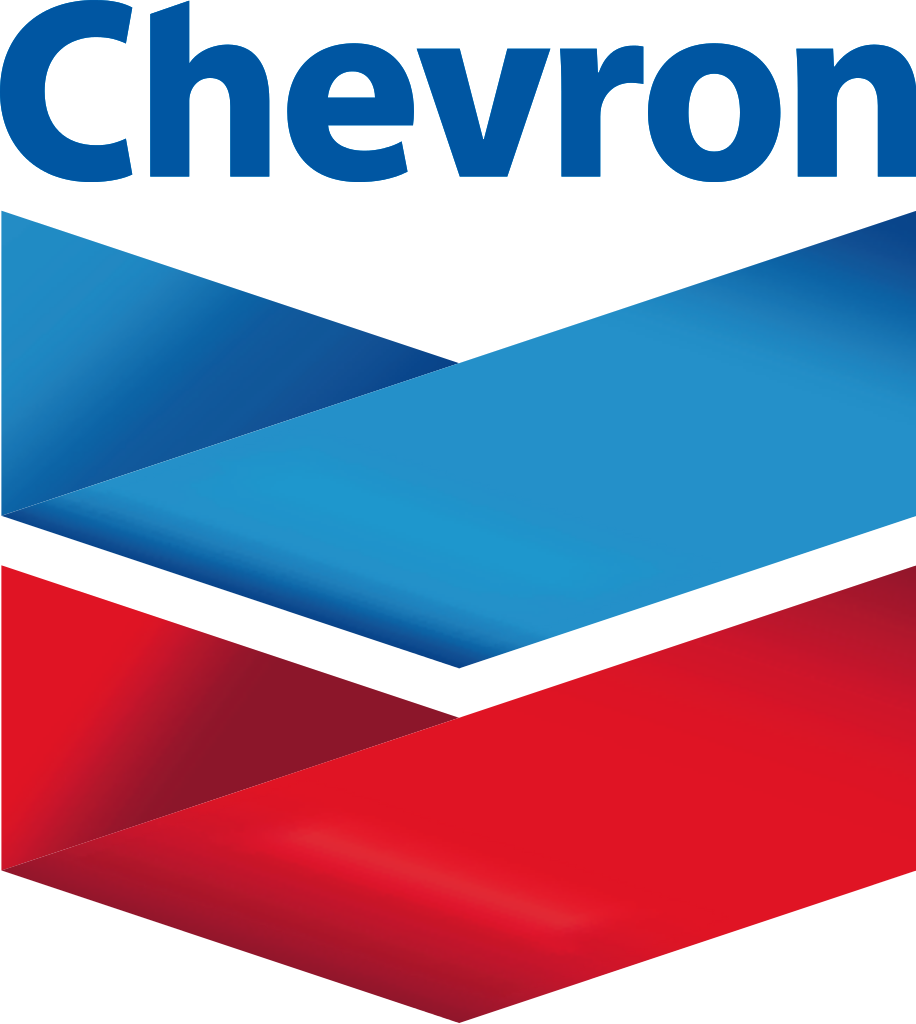Trust and Partnership in Action

Give us a little background about the refinery in terms of location.
Chevron’s Pascagoula Refinery is located east of the city of Pascagoula in an unincorporated area of Jackson County. Since only a portion of the property is developed, about two-thirds of the acreage is wetlands and forestlands that are home to many species of wildlife indigenous to the Gulf Coast (learn more about the refinery’s commitment to the environment).
There are humans near the refinery, right?
Yes. Within one mile of our plant is a community of approximately 21,000 people. At the refinery, our experience with the community is built on several pillars and one of them is trust. We’ve built that trust through 55 years of safe- and environmentally-responsible operations, continuous engagement and investment in our community.
Tell us about the origins of the process.
The initiative was introduced in 2014, then formally launched in 2016 and is actively managed by our refinery’s Corporate Affairs team. It is a part of our companywide Stakeholder Engagement Issues Management process and provides guidance to designated personnel to effectively manage and resolve complaints received from our external and internal stakeholders. The complaint process includes input and management by colleagues from almost every group at the plant from security to labs to health, environment and safety.
How many complaints have you had?
Before we established this process, there was no consistent way for residents to voice concerns about the refinery or any of our industrial neighbors. We were receiving an average of three complaints per month but didn’t have a formal process for investigating or confirming Chevron as the source of a nuisance odor or other concern. When we launched this new process, the number of complaints began decreasing significantly. We believe one reason the complaints declined is that we were able to take the data collected in the tracking tool and use it to develop an odor management plan.
The purpose of the odor management plan is to provide guidance to help the Pascagoula Refinery achieve the Incident and Injury Free vision of having no community odor impacts from facility operations. This is achieved by actively identifying odor sources in the refinery, understanding the impacts of these sources, and addressing odors that are a general nuisance to personnel working at the refinery, but which may not have offsite impact. We log both internal and external grievances. In 2018, we logged four odor complaints for the entire year.
Can you summarize the process for us?
Concerns raised by community members are screened by our security department and processed directly to the refinery shift leader (RSL). The RSL is then responsible for determining if an immediate response is required and/or if there is potential for community concern. If an immediate response is not required, our RSL will forward it to Corporate Affairs for review and follow-up to complete the process.
If an immediate response is needed, the RSL will engage our plant’s Health, Environment and Safety team during normal work hours or our main lab and plant protection shift team leader during off hours.
A lot of the monitoring focus is, as you would expect, internal. But do you involve external authorities such as the police and fire department?
Yes. We have a great relationship with both local law enforcement and all first responders, and we strive to keep them informed when the community is involved. If we have an odor complaint that will involve sending our air monitoring team into the community, we will provide them with a courtesy notification that we will be in the neighborhoods undertaking those activities. We also contact the Jackson County Emergency Management director to keep him informed of our activities in the community.
We’ve talked about how the refinery reacts to complaints, but it is also proactive in regular air monitoring. Tell us more.
We have several internal monitoring initiatives in place such as the Leak Detection and Repair program and the Fenceline Monitoring program. With the latter, which is a new regulatory program, we are actively working to engage with our refinery neighbors about this program and our ongoing improvements efforts.
Read more about how Chevron is working to build trust in the communities where they operate.

